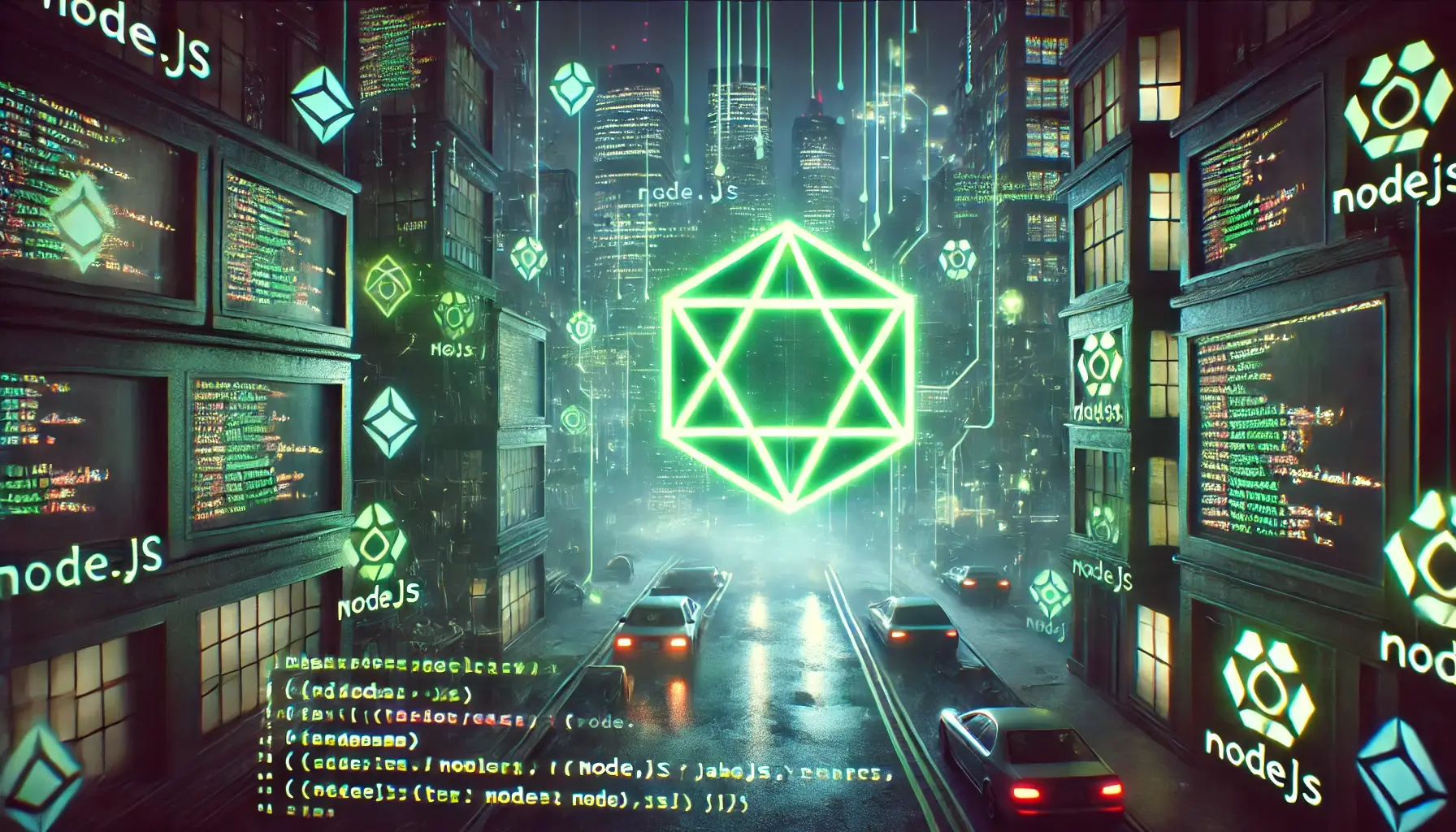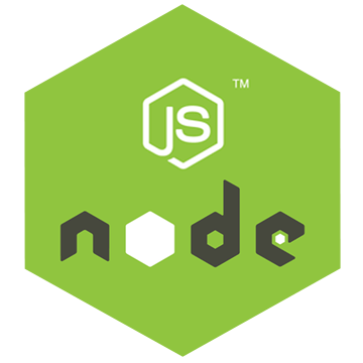
Node.js is primarily used for non-blocking, event-driven servers due to its single-threaded nature. It's used for traditional websites and back-end API services but was designed with real-time, push-based architectures in mind.


NodeJS Course
Node.js has emerged as a transformative technology, reshaping how we approach server-side programming and fueling the growth of full-stack JavaScript development. As businesses increasingly prioritize scalable, real-time web applications, Node.js has become a cornerstone technology for companies ranging from agile startups to Fortune 500 giants.
The surge in demand for Node.js expertise is driven by several key industry trends:This course can be taken as part of a training and placement track for High-Tech - Full Stack Web Development. In the full track, we will learn a wide range of technologies relevant to the web development market such as: HTML, CSS, jQuery, MongoDB, Angular, React and more. Thus, with the help of Node.js, we can progress towards the track's goal - training developers for a career in building full-stack websites and applications. These developers will be experts in their field with comprehensive and practical knowledge, able to integrate into the industry immediately upon completion of the training track.
Our NodeJS Course is designed to equip you with the skills to leverage these trends. You'll master core NodeJS concepts, explore popular frameworks, and dive into advanced topics such as microservices architecture and real-time application development.
By the end of this course, you'll have the expertise to develop, deploy, and scale NodeJS applications, positioning yourself at the forefront of modern web development. Whether you're aiming to build the next big startup, contribute to enterprise-level applications, or innovate in emerging tech fields, this course will provide you with the foundation to thrive in the dynamic world of Node.js development.
These skills and techniques prepare you for roles such as NodeJS Developer, Full-Stack JavaScript Developer, Backend Engineer, and API Developer. They provide a comprehensive foundation for building and maintaining modern, scalable web applications and services using NodeJS.
Ch. 1
What is Node.JS
Ch. 2
Core Modules
Ch. 3
Installing node & packages
Ch. 4
Built-in/External libraries
Ch. 5
Building custom libraries
Ch. 6
A-synchonous functions & callbacks
Ch. 7
Non blocking habits
Ch. 8
Working with file system
Ch. 9
Real Time
Ch. 10
Sockets server and client
Ch. 11
Express framework setup
Ch. 12
Working with express
Ch. 13
Working with passportJS

Oleg Korzon
Head of Web Application Development
Senior Lecturer and Director of Web Development at Embedded Academy. With extensive expertise in HTML5, CSS, JavaScript, jQuery, Angular, React, Node.js, MongoDB, and other cutting-edge web technologies, our instructor brings a wealth of experience to the classroom. His diverse background encompasses:
Node.js is primarily used for non-blocking, event-driven servers due to its single-threaded nature. It's used for traditional websites and back-end API services but was designed with real-time, push-based architectures in mind.
A common misconception among developers is that Node.js is a backend framework and is only used for building servers. This is not correct: Node.js can be used in both frontend and backend development.
JavaScript is a programming language used for writing scripts on websites. Node.js is a JavaScript runtime environment.
